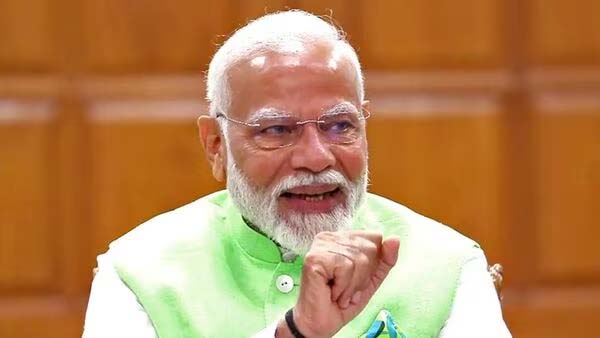The Lok Sabha election outcome defies expectations, leaving victors feeling the sting of defeat while losers bask in unexpected triumph.
Let’s dissect this. The BJP had set its sights on a landslide victory, coined as ‘400 beyond’. However, their actual tally of 240 seats falls significantly short of this mark, leaving them disappointed despite maintaining a lead over their closest rival, the Congress Party, which secured only 99 seats. This shortfall of 32 seats from the halfway mark of 272 adds salt to their wounds.
As for the Congress, their perpetual struggle to reach the halfway mark persists. Despite combining their seat counts from the last three elections, totaling 44, 52, and now 99, they still lag behind the BJP’s 2024 election victory by a substantial margin of 45 seats. So, why does Rahul Gandhi exude confidence as if he’s emerged victorious?
Perhaps his goal was more modest—to thwart the BJP’s bid for a majority. In this limited context, he can claim a degree of success. However, his inability to block Modi’s third consecutive term as prime minister remains undeniable—a significant feat achieved last in 1962 by Jawaharlal Nehru.
To put the 2024 election outcome in perspective, consider a cricket analogy: if Virat Kohli publicly aimed for three consecutive centuries but fell short by a few runs in the final match, would he be labeled a failure? The answer is evident.
The ‘400 beyond’ rhetoric backfired on the BJP, fueling the Congress’s narrative that Modi sought a landslide to undermine constitutional principles and reservation policies for marginalized communities. This propaganda resonated with Dalits in Uttar Pradesh, swaying them towards the Congress and Samajwadi Party, even deserting Mayawati’s BSP.
Moreover, the anti-Muslim sentiment spurred by the ‘400 beyond’ agenda galvanized Muslims against the BJP, determined to block Modi’s return to power. Despite Modi’s attempts to counter this narrative by accusing the Congress of neglecting Dalit and OBC reservations in favor of Muslims, his rhetoric only strengthened Muslim resolve against the BJP.
This Muslim consolidation was evident in Uttar Pradesh, where they strategically voted against weaker Muslim candidates, impacting election outcomes significantly. Even seasoned leaders like Hemanta Sarma faced unexpected defeats due to Muslim voting blocs.
Additionally, the BJP’s central leadership’s control over ticket distribution and other election processes, disregarding regional leaders’ input, contributed to their failure to surpass the 272-mark.
Meanwhile, the hopes of Nitish Kumar and Chandrababu Naidu challenging Modi’s leadership remain futile. Both realize the impracticality of destabilizing a government backed by the INDIA bloc. Furthermore, Modi’s assertive leadership style leaves little room for compromise or coercion, ensuring a steady grip on power unlike the coalition politics of the past.
Critics may anticipate a softer approach from the new government, but Rahul Gandhi’s persistent attacks on the Modi government, such as baseless accusations of market manipulation, will be met with a resolute response, reaffirming Modi’s unwavering leadership style.









